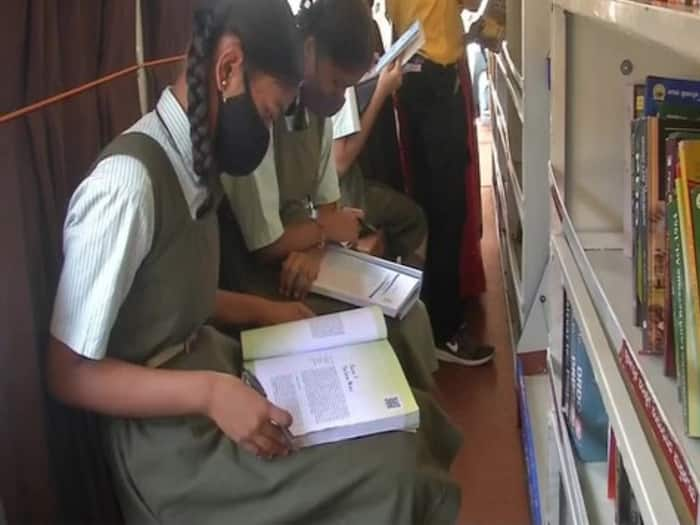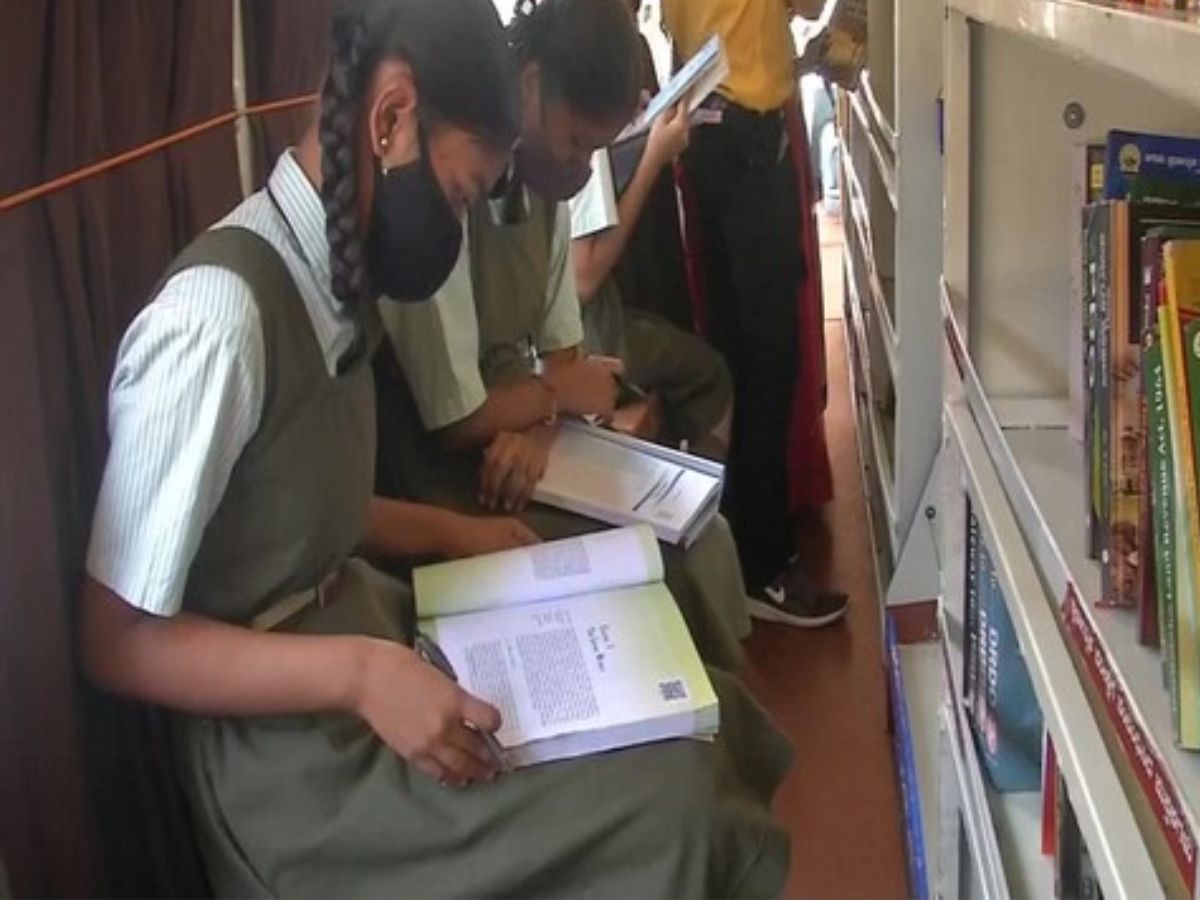NCERT Syllabus for Social Science will most likely include epics like Ramayana and Mahabharata and sacred texts like the Vedas. Here’s what the NCERT Panel has to say about it..

New Delhi: The National Council of Educational Research and Training (NCERT) Panel has recommended that epics like Ramayana and Mahabharata and sacred texts like the Vedas must be part of the history curriculum of the students under India’s ‘classical period’. The panel has made several recommendations regarding change in the syllabus of the subject social science. The NCERT is revising the curriculum of the school textbooks in line with the National Education Policy (NEP) 2020. The council recently constituted a 19-member National Syllabus and Teaching Learning Material Committee (NSTC) to finalise the curriculum, textbooks and learning material for these classes. “The committee has also recommended the introduction of the Indian Knowledge System (IKS) in the curriculum of all subjects,” C I Isaac, Committee’s Chairman said. Know more about the inclusion of Ramayana in the social science textbooks..
These Topics Likely To Be Part Of NCERT Social Science Textbooks
The panel has also recommended that the Preamble of the Constitution be written on the walls of all classrooms in vernacular languages, the committee’s chairman, Prof C I Issac told ANI over phone. The Social Science Committee of the National Council of Educational Research and Training (NCERT) set up to revise the social sciences curriculum for schools, has made several proposals including the introduction of the Indian knowledge system, the Vedas and Ayurveda in textbooks. The suggestions have been part of the final position paper on social sciences, which is a key perspective document that helps in the development of new NCERT textbooks on the subject. The proposal has yet to get a final nod from NCERT.
Classification Of History In Four Periods: NCERT Panel
“The panel has made recommendations for the classification of history into four periods: the classical period, the mediaeval period, the British era, and modern India. Till now, there have been only three classifications of Indian history- ancient, Medieval and modern India,” Issac, a retired history professor, said. “Under the classical period, we have recommended that Indian epics–Ramayana and Mahabharata–be taught. We have recommended that the student have an idea of who Rama was and what his purpose was. A little bit about the epic,” said Isaac.

